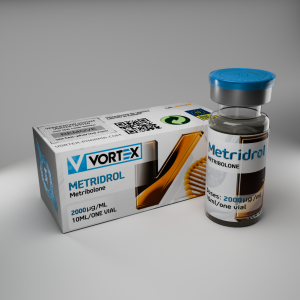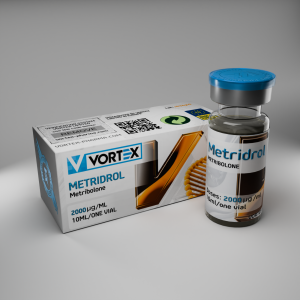Bacteriostatic Water — 10ml
💉 Sterile Water + 0.9% Benzyl Alcohol (BA)
🧴 Multi-dose Vial | For Reconstitution of Peptides and Hormones
Inhibits microbial growth in solution, allowing safe multi-use access over time. Commonly used for reconstituting peptides, hormones, and other injectables.
Bacteriostatic Water is a sterile, non-pyrogenic water-based solution containing 0.9% benzyl alcohol, acting as a preservative to prevent bacterial contamination. It is not a medication itself, but an essential diluent in both clinical and research settings for preparing injectable compounds.
It is especially suited for multi-dose applications, allowing the reconstituted solution to remain safe and stable for multiple withdrawals over time under sterile conditions.
Form and Storage
💧 Lyophilized or sterile liquid in sealed glass vial
🔁 Multi-use access (up to 28 days after opening)
❄️ Store refrigerated at 2–8°C
🧪 For use with peptides, proteins, and lyophilized compounds
What is Bacteriostatic Water?
Bacteriostatic Water for Injection (BWFI) is purified water containing benzyl alcohol (0.9%), which inhibits bacterial growth in the container. This enables it to be used for multiple sterile injections over a span of days or weeks.
It is commonly used in research labs, hospitals, and sports medicine to reconstitute compounds such as:
– Peptides (e.g. BPC-157, CJC-1295, Ipamorelin)
– Growth Hormone (HGH)
– HCG or other hormone preparations
Unlike sterile water (which is single-use), bacteriostatic water extends usability and safety, making it ideal for multi-dose regimens.
Benefits of Bacteriostatic Water
● Prevents microbial contamination after first vial puncture
● Suitable for up to 28 days of use (under sterile storage)
● Reduces waste from repeated vial discard
● Compatible with a wide range of injectable compounds
● Essential for peptide research and hormone preparation
● Cost-effective and safe when used as directed
Possible Side Effects
Bacteriostatic Water is generally well-tolerated. However, potential issues include:
– Injection site irritation
– Allergic reaction to benzyl alcohol (rare)
– Tissue necrosis if improperly administered
– Not recommended for neonatal use due to benzyl alcohol toxicity risk
Dosage Guidelines
There is no direct dosage for Bacteriostatic Water, as it serves only to dilute other substances.
Common usage involves:
● Adding 1–2 ml to a peptide vial depending on desired concentration
● Injection route: subcutaneous or intramuscular, depending on the reconstituted product
● Each reconstituted compound will have its own dosing schedule
Best Practices with Bacteriostatic Water
● Use sterile technique when drawing from vial
● Wipe rubber stopper with alcohol before each use
● Store in refrigerator (2–8°C)
● Do not freeze
● Discard 28 days after opening or if contamination is suspected
Lifestyle and Handling Considerations
To maximize safety and sterility:
● Use insulin syringes or sterile syringes with small gauge
● Store in original packaging
● Ensure all dilutions are done under aseptic conditions
● Avoid exposure to direct light and heat
● Do not mix with incompatible solvents or drugs
Bacteriostatic Water is a vital tool in preparation of injectable compounds, providing a sterile, stable medium with extended usability. Though simple, it plays a critical role in preserving safety and integrity across many research and therapeutic protocols.


